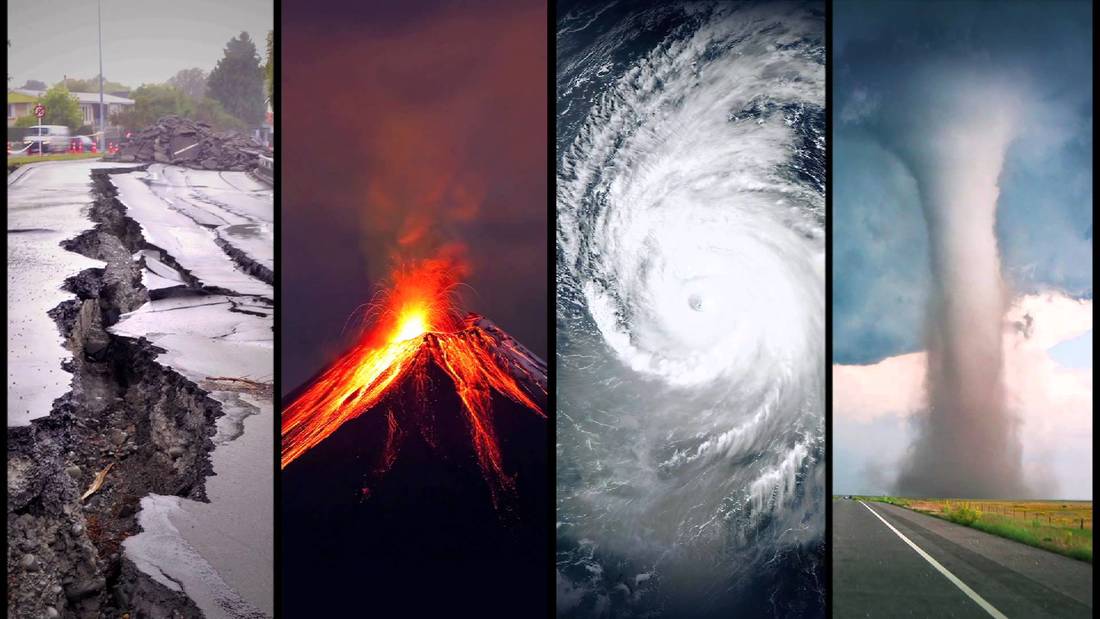|
FOLLOWING A NATURAL DISASTER: INFORMATION FOR PARENTS
Remain calm and reassuring. Children take their cues from adults, especially young children. Acknowledge the loss or destruction, but emphasize the community’s efforts to clean up and rebuild. To the extent it is possible to do so, assure them that family and friends will take care of them and that life will return to normal. Acknowledge and normalize their feelings. Allow children to discuss their feelings and concerns, and address any questions they may have regarding the event. Listen, empathize, and let their questions be the guide. An empathetic listener is very important. Let them know that their reactions are normal and expected. Encourage children to talk about disaster-related events. Children need an opportunity to discuss their experiences in a safe, accepting environment. Provide activities that enable children to process their experiences. This may include a range of methods (both verbal and nonverbal) and incorporate varying projects (e.g., drawing, stories, music, drama, audio and video recording). Seek the help of the school psychologist, counselor, or social worker if you need help with ideas to open the dialogue. Promote positive coping and problem-solving skills. Activities should teach children how to apply problem-solving skills to disaster-related stressors. Encourage children to develop realistic and positive methods of coping that increase their ability to manage their anxiety and to identify which strategies fit with each situation. Emphasize children’s resiliency. Focus on their competencies. Help children identify what they have done in the past that helped them cope when they were frightened or upset. Bring their attention to other communities that have experienced natural disasters and recovered (e.g., New Orleans, LA, or Joplin, MO). Strengthen children’s friendship and peer support. Children with strong emotional support from others are better able to cope with adversity. Children’s relationships with peers can provide suggestions for how to cope and can help decrease isolation. In many disaster situations, friendships may be disrupted because of family relocations. In some cases, parents may be less available to provide support to their children because of their own distress and feelings of being overwhelmed. Activities such as asking children to work cooperatively in small groups can help children strengthen supportive relationships with their peers. Take care of your own needs. Take time for yourself and try to deal with your own reactions to the situation as fully as possible. You will be better able to help your children if you are coping well. If you are anxious or upset, your children are more likely to feel the same way. Talk to other adults such as family, friends, faith leaders, or counselors. It is important not to dwell on your fears or anxiety by yourself. Sharing feelings with others often makes people feel more connected and secure. Take care of your physical health. Make time, however small, to do things you enjoy. Avoid using drugs or alcohol to feel better.
0 Comments
|
Disclaimer: This website is for informational and educational purposes.
Any and all blog content represents a synthesis of empirical information found on the internet, of my own personal opinions, and my professional experiences. Nothing posted reflects or should be considered professional advice. Interaction with me via the blog does not constitute a professional or therapeutic relationship. For professional and customized advice, you should seek the services of a licensed mental healthcare professional. I do not assume liability for any portion or content of material on the blog and accept no liability for damage or injury resulting from your decision to interact with the website. Archives
August 2022
Categories
All
|
